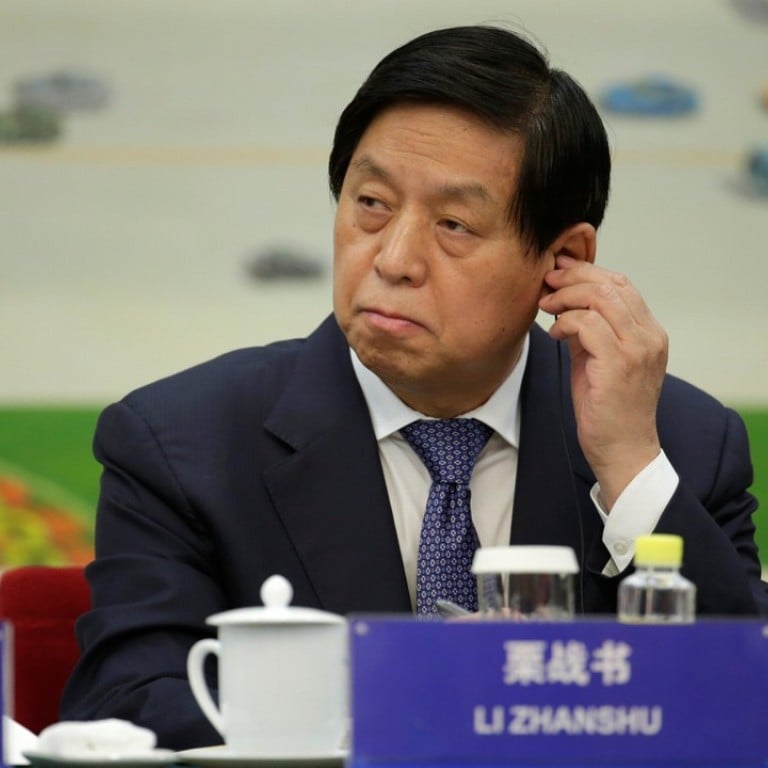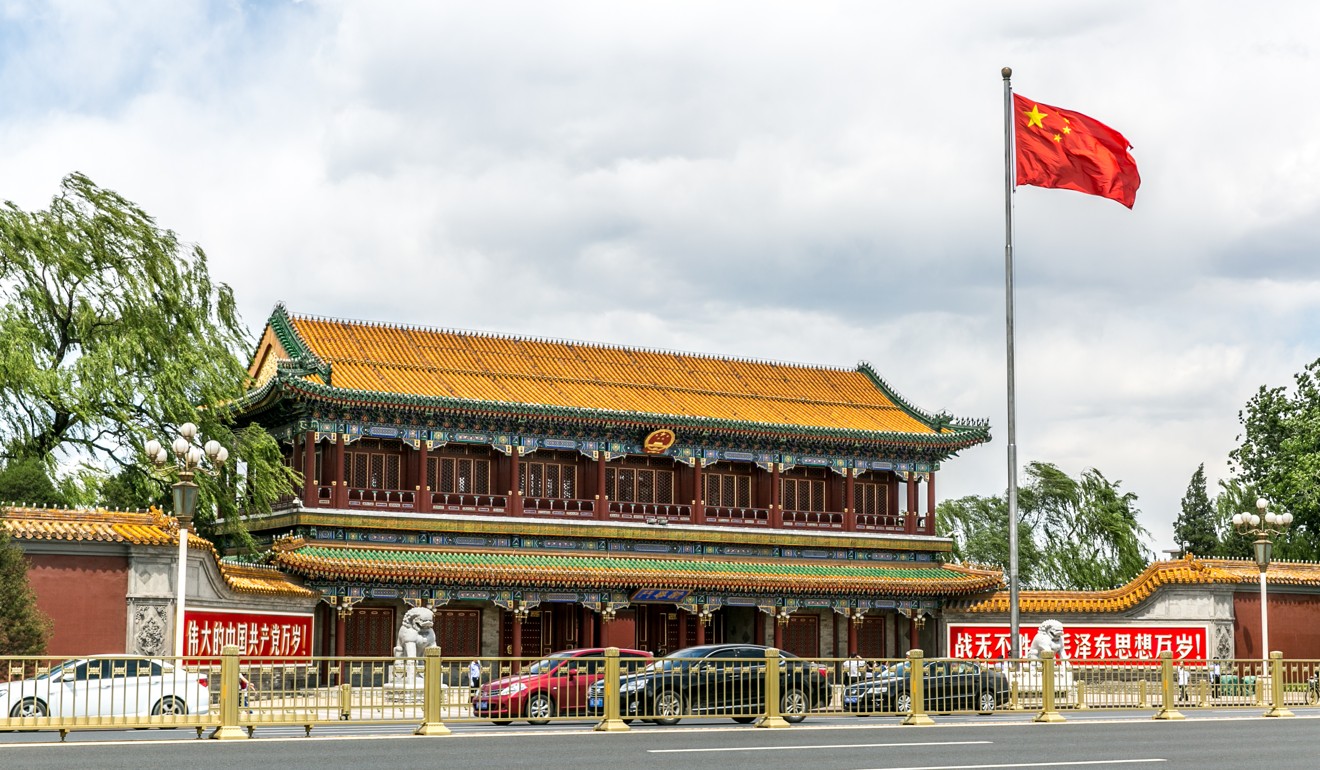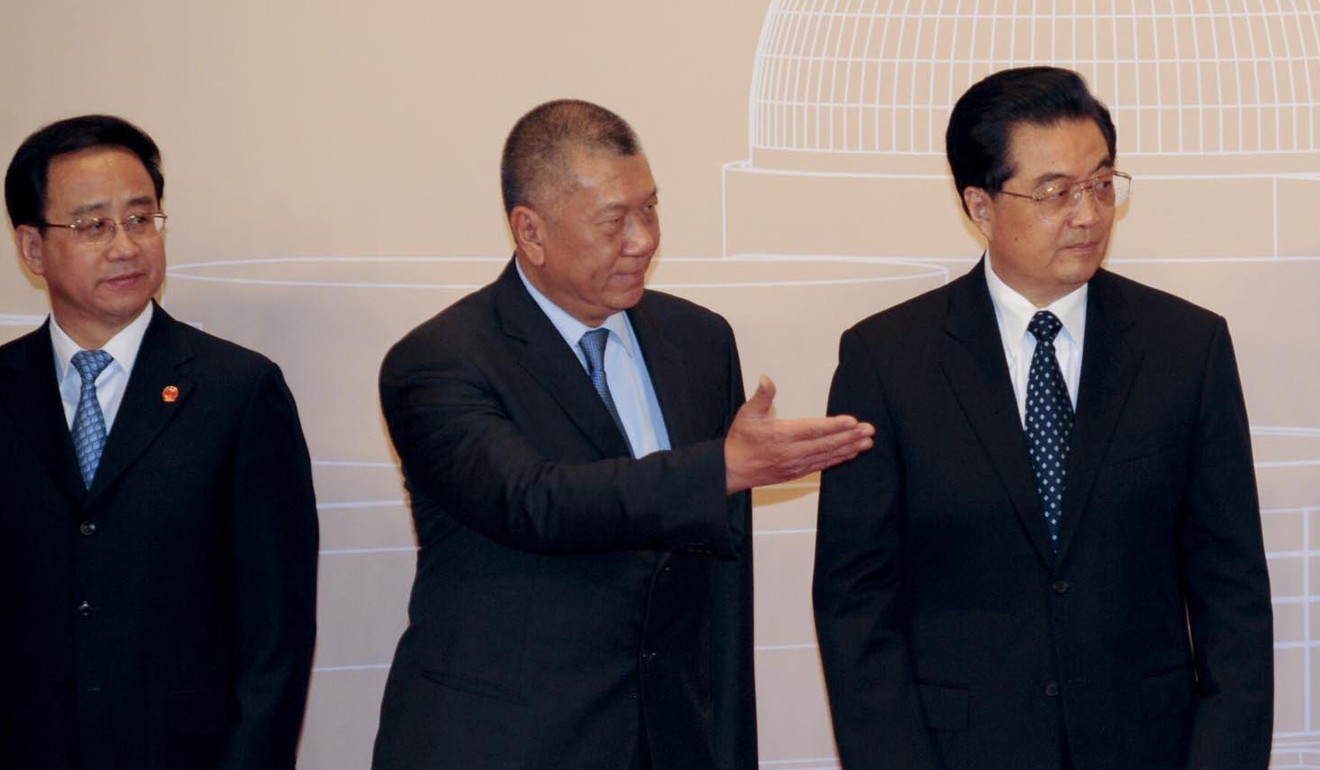
The low-key but powerful protector of China’s leaders and their secrets
The head of the party’s General Office has access to all the passwords for encrypted communications
While all eyes are focused on the make-up of the Communist Party Politburo and its Standing Committee – the apex of power in China – it is easy to overlook the appointment of one man whose modest title belies the power attached to his office.
That official is the head of the party Central Committee’s General Office, whose appointment will be announced with the new leadership line-up on Wednesday.
He will be the top aide of party chief Xi Jinping in his second term, acting as his chief of staff, and will accompany Xi, who is also China’s president, on trips at home or abroad.
The General Office is a largely behind-the-scenes administrative body that handles paperwork, logistics, health care and security for top leaders and is also tasked with ensuring the implementation of top-level decisions. It also manages encrypted communications within the party and the government, and its head has access to all passwords.
But what really distinguished the position from chiefs of staff in most countries is its hold on military power.
The General Office is in charge of the security of China’s top leadership and commands several thousand elite Central Security Bureau troops dedicated to protect the leaders and their families. The head of the General Office is the political commissar of the force, whose commander is the deputy head of the office.

The position has also traditionally been a training ground for officials destined for higher office.
Since the end of the decade-long turmoil Cultural Revolution in 1976, all but three heads of the General Office have ascended to the party’s supreme Politburo Standing Committee.
In another sign of the post’s prominence, the head of the General Office also sits on the party’s Central Secretariat, a powerful body that deals with the day-to-day running of the Politburo and its Standing Committee.
The Central Secretariat does not have a fixed number of seats, but traditionally comprises five to nine members led by a Politburo Standing Committee member.
The first-ranked secretary oversees the party bureaucracy, while ministers heading the party’s Organisation Department, Propaganda Department and General Office will also be appointed secretaries.
Deng Xiaoping, Hu Jintao and Xi all ranked first in the Central Secretariat before becoming party leader.
The membership of non-decision-making party organ is shortlisted by the Politburo before being elected by the Central Committee’s more than 200 members.

All Central Secretariat members hold at least vice-state-level rank, with their special position reflected in their membership of the presidium standing committee for the party’s national congress, which concludes today. All seven current secretaries – including non-Politburo members Du Qinglin, Yang Jing and Zhao Hongzhu – were members of the 42-member body.
The presidium standing committee has the final say on who will be shortlisted for membership of the next Central Committee, the party’s governing body for the next five years.


